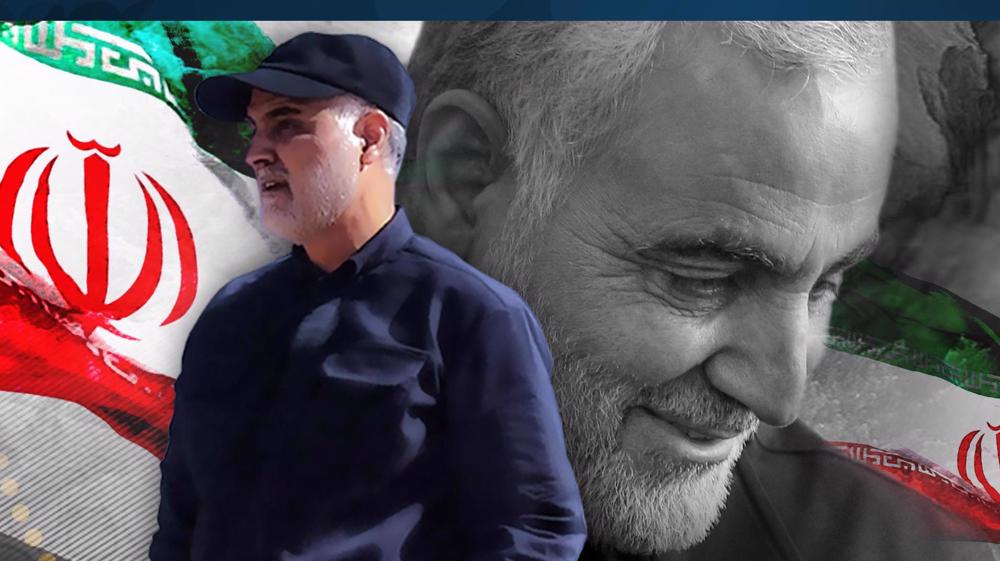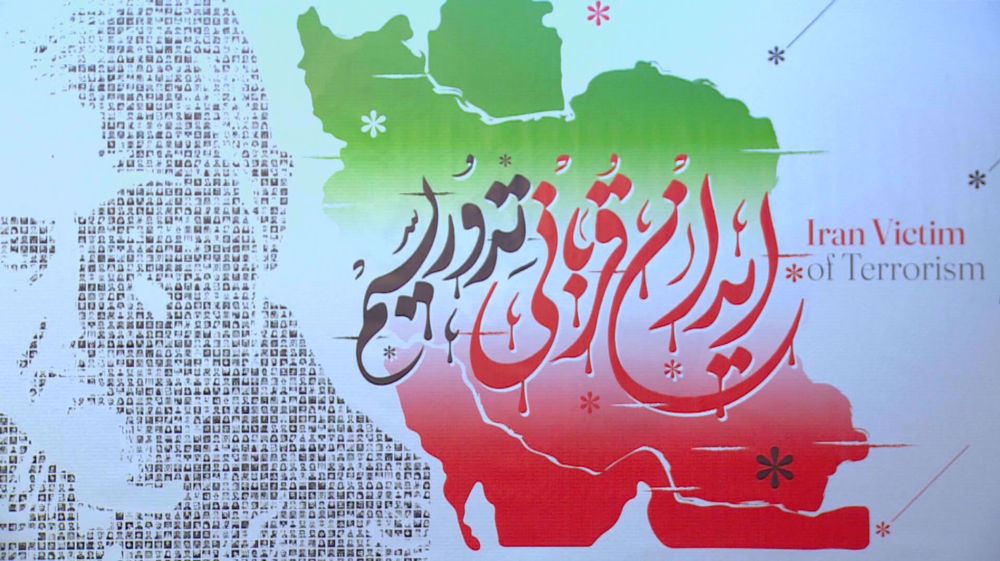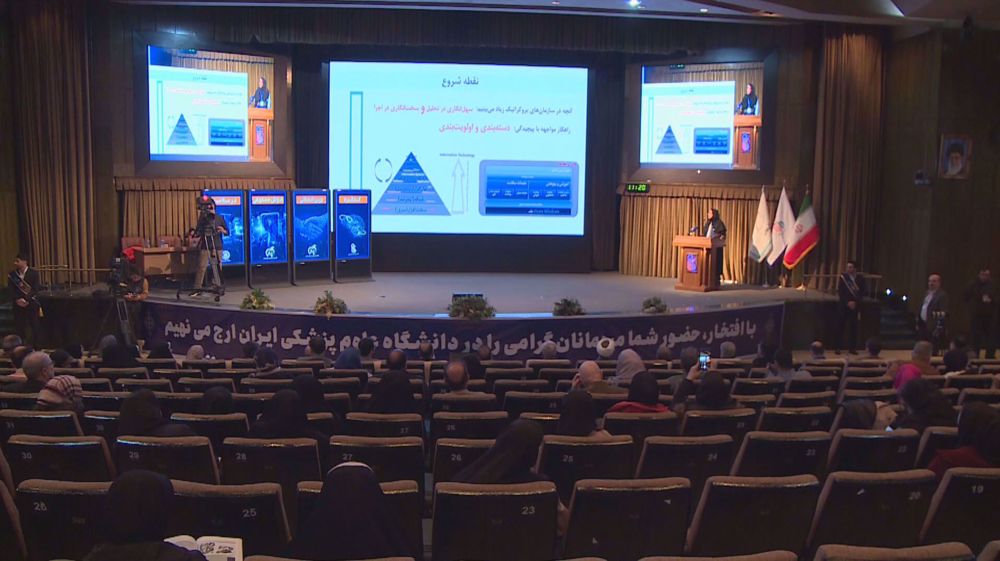West yet to condemn Iranian nuclear scientist's assassination
Robert Inlakesh
Press TV, London
In the wake of the Israeli assassination of Iran’s top scientist, Mohsen Fakhrizadeh, Western governments and media are yet to actively condemn the terrorist attack which took place in Tehran.
Many analysts speculate that the respective actions of the media have acted to exacerbate regional tensions, rather than de-escalate the situation following the Israeli aggression against Iran.
Following the Israeli regime-sponsored terrorist attack on Iranian soil, what has been dubbed as psychological warfare has also been a tool used to attack Iran. With claims spread throughout the international press, regarding an alleged killing of an Iranian Quds Force commander along the Iraq-Syria border area; An unsubstantiated claim but published nonetheless.
The claim originated first in a Syrian opposition media outlet, known as Step News Agency. The story was changed several times, before it was picked up by Israeli media.
Before long, Saudi owned Al-Arabiyya News had cited an unnamed source, providing a name to the commander allegedly killed. Later Reuters, Daily Mail and even RT picked up on these claims. Showing how far false information can spread, based upon no more than allegations, sourced from untrusted news outlets with political agendas.
Use archive footage of Israeli airstrikes on Syria, footage of Fakhrizadeh assassination site and then use archive footage from the UN.
For long Israeli strikes conducted against sovereign nations have gone under reported and have skipped condemnation from Western nations, sparking the criticism that the international community operates on double-standards.
FM: Iran ready for constructive nuclear talks
Iran strongly condemns suspected Daesh-linked deadly attack in US
Israeli live fire injures Palestinian protesters in West Bank amid raid
Yemenis rally nationwide in 700+ demos in solidarity with Palestinians
Tehran summons Italian ambassador to protest arrest of Iranian national
Over 10,000 Palestinians trapped in besieged north Gaza as Israel war on hospitals rages
Iran deploys troops to western, eastern borders: Top commander
Yemen fires hypersonic ballistic missile into Tel Aviv's Yaffa, targets power station









 This makes it easy to access the Press TV website
This makes it easy to access the Press TV website